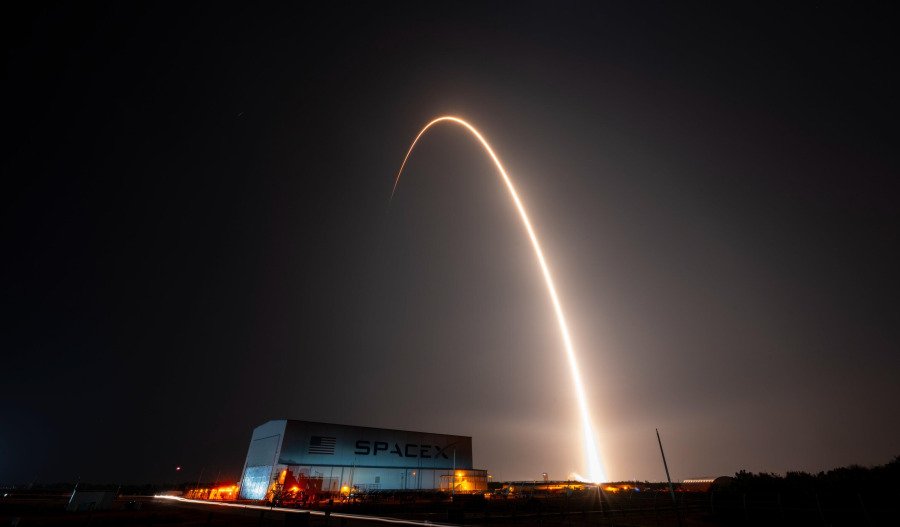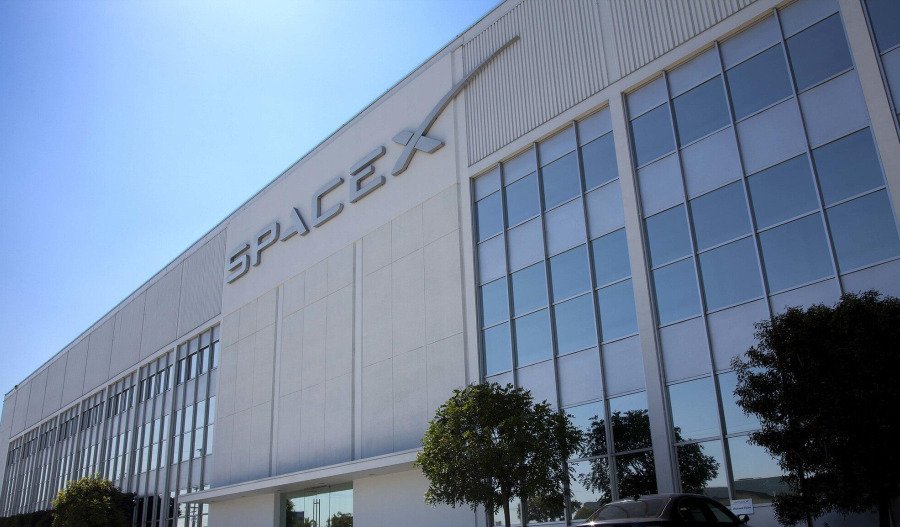Scientists in China have identified a newly discovered bacterial species aboard the Tiangong space station, named Niallia tiangongensis.
However, there is no definitive evidence that it developed aboard the station rather than arriving as spores from Earth.
The bacteria were discovered in microbial samples collected during the Shenzhou-15 mission in May 2023 and later analysed on Earth.
Spacecraft functionality and astronaut health are dependent on an understanding of microbes during long-term missions.
It exhibits unique adaptations to the space environment, including heightened oxidative stress responses and biofilm formation. This may aid survival in microgravity and high-radiation conditions.
While its closest known relative, Niallia circulans, exists on Earth, genetic analysis confirms Niallia tiangongensis as a distinct species.
Despite Niallia tiangongensis not being believed to threaten Tiangong astronauts, its cousin can cause sepsis in immunocompromised people.
Related content



